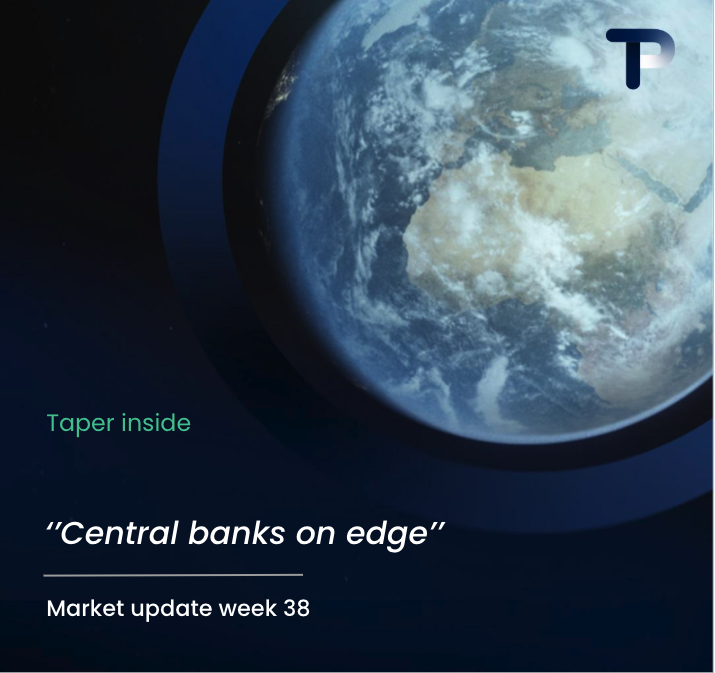What is private equity and how does it work?
Private equity is a form of investing where capital is invested in non-publicly traded companies. Unlike the stock exchange and venture capital, which invest in publicly traded companies and start-ups respectively, private equity often focuses on more established companies. The process usually begins with raising a fund from investors, which is then used to buy, improve, and eventually sell companies for a profit.
Companies and traders can benefit from private equity by gaining access to capital and expertise that can help them improve their operations and increase their value. This can include efficiency improvements and strategic repositioning in the market.
What benefits does private equity offer to international companies?
Private equity can offer significant benefits for internationally operating companies. One of the main benefits is the simplification of financial processes. This ensures that companies can focus on their core activities without worrying about complex financial structures. Additionally, global fintech connections can help companies better respond to market changes and access innovative financial solutions.
International companies can also benefit from the strategic insights and extensive network of private equity investors. This can lead to new business opportunities and an enhanced market position.
What are the risks of investing in private equity?
As with any form of investment, there are risks associated with private equity. One of the main risks is the longer investment horizon, meaning that the capital is tied up for a longer period. Unlike publicly traded stocks, where daily trading is possible, it can take years to recover an investment in private equity.
Companies can manage these risks by conducting thorough research into the investment strategy and the partners they work with. It’s also important to ensure a diversification of investments to minimize exposure to specific risks.
How do global fintech connections affect private equity investments?
Global fintech connections have a significant impact on private equity investments. They offer new technologies and platforms that make it easier to optimize global financial processes. This includes improved access to trade finance and more efficient currency transactions, which are essential for companies operating internationally.
Fintech solutions can also help better manage currency exchange risks and lower transaction costs, which can contribute to higher profitability of private equity investments. By leveraging these innovations, companies can not only streamline their financial processes but also improve their overall competitive position.
At TaperPay, we understand the complexity of international finance and offer solutions that help your company grow. With our comprehensive platform, you can seamlessly accept payments and manage your finances with ease, allowing you to focus on your core activities. Contact us today to discover how we can support you in your international transactions.
Hi there! 👋 I see you're reading about multi-currency IBAN accounts for supply chain payments. Smart choice - these accounts can save businesses 2-4% on every international transaction!
What best describes your current situation with international supplier payments?
Which of these challenges are you currently facing with international payments? (Select all that apply)
What's driving your interest in multi-currency payment solutions? Tell us about your business goals or challenges.
Great! To help us understand your specific needs better, could you share more details about your international payment volume or any particular requirements?
Perfect! Let's connect you with one of our international payments specialists who can show you exactly how Taper's multi-currency IBAN accounts can save you money and streamline your supply chain payments.



